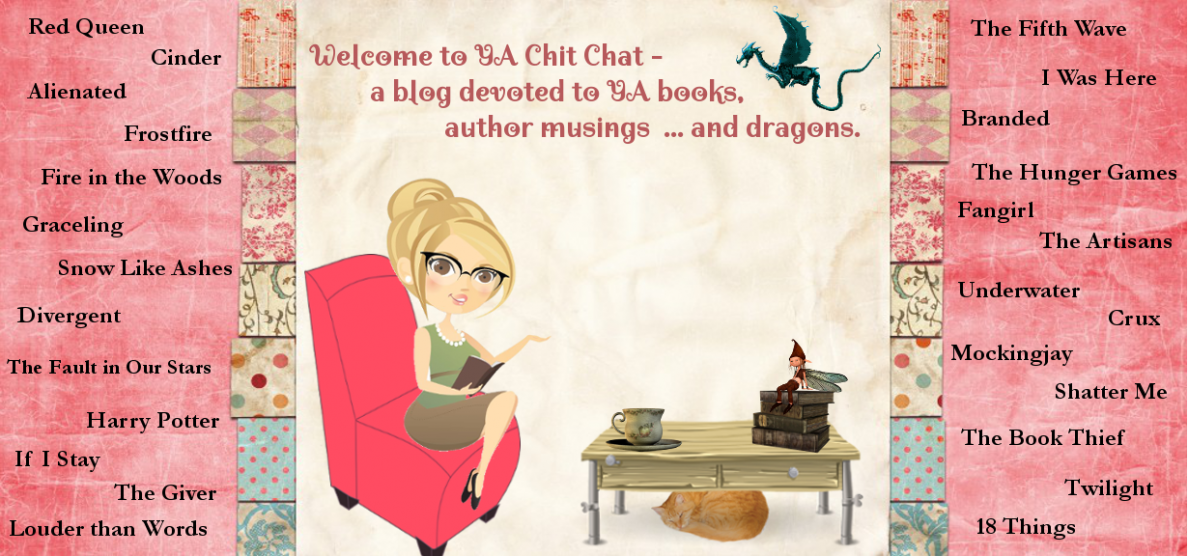It’s been a dream of mine since I was a little girl to get a publishing contract for my novel. I know I personally spent more time imagining covers for my novels than I did envisioning my dream wedding. Come on. Let’s face it. The wedding gown is expensive, you wear it for an hour, and then it gets stuck in a ‘preservation’ box forever. A book cover on the other hand lasts a long time, people will see it for years to come, and even after many eons have passed and the pages are yellowed, a new reader will come along, find the cover intriguing, and crack open the binding to read the precious, toiled-over words in between. For me, that would be words I wrote.
I wrote.
The thought boggles my mind that others will read my story. That my words will be eternally in print. Part of the Library of Congress. A permanent testimony of my life on earth. A legacy. In a sense…immortality.
But to get this dream, I have to have one of these:

Yes, a publishing contract. Yuck. I hate contracts. All the legal mumbo jumbo, the fine print. Wondering if I can live with this, or if that has to go. If I push too far, will the publisher say no and then I’m back to square one looking for a publisher? Do I self-publish? The possibilities are enough to make an author want to run for the hills and hide. After all, we write, not negotiate contracts, right?
Sorry to say, if we want to see our books in print, we have to wade through the business end, too. Even if you have an agent, you want to make sure your agent has your best interest at heart.
As I sit here and wait to find out the fate of my novel I submitted to one of my dream publishers, I’ve been educating myself on what to expect when that contract comes in. (yes, I said, when. There is no if. It will happen). Over the course of the next few days, I’ll share with you what I’ve learned on Granting Subsidiary Rights, Royalty terminology and other important publication rights that all authors must consider whether going the publishing route alone or with an agent.
I hope you stay tuned. It’s gonna be a bumpy but fun ride – like dodging pot-holes in a Ferrari at 200 mph.




